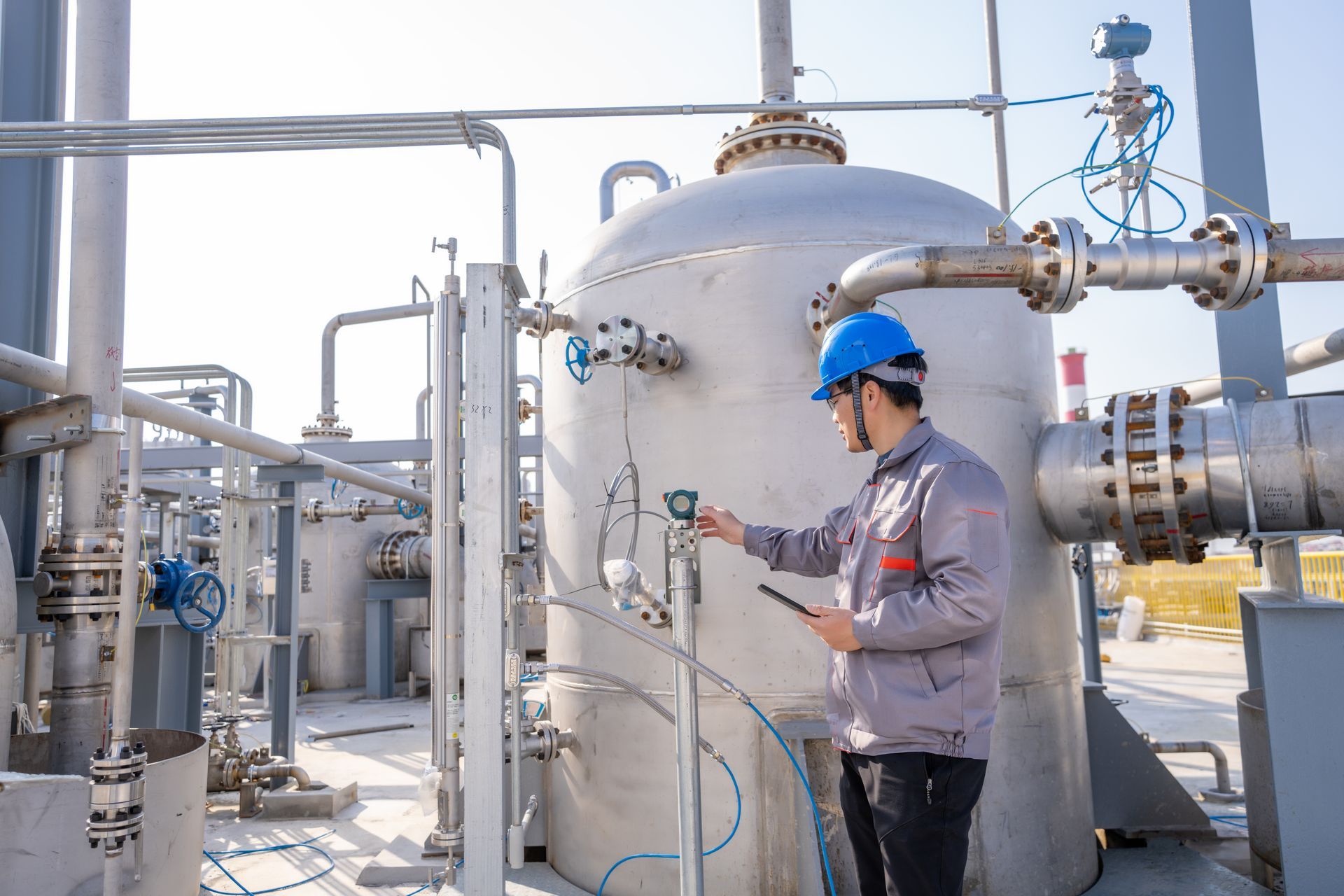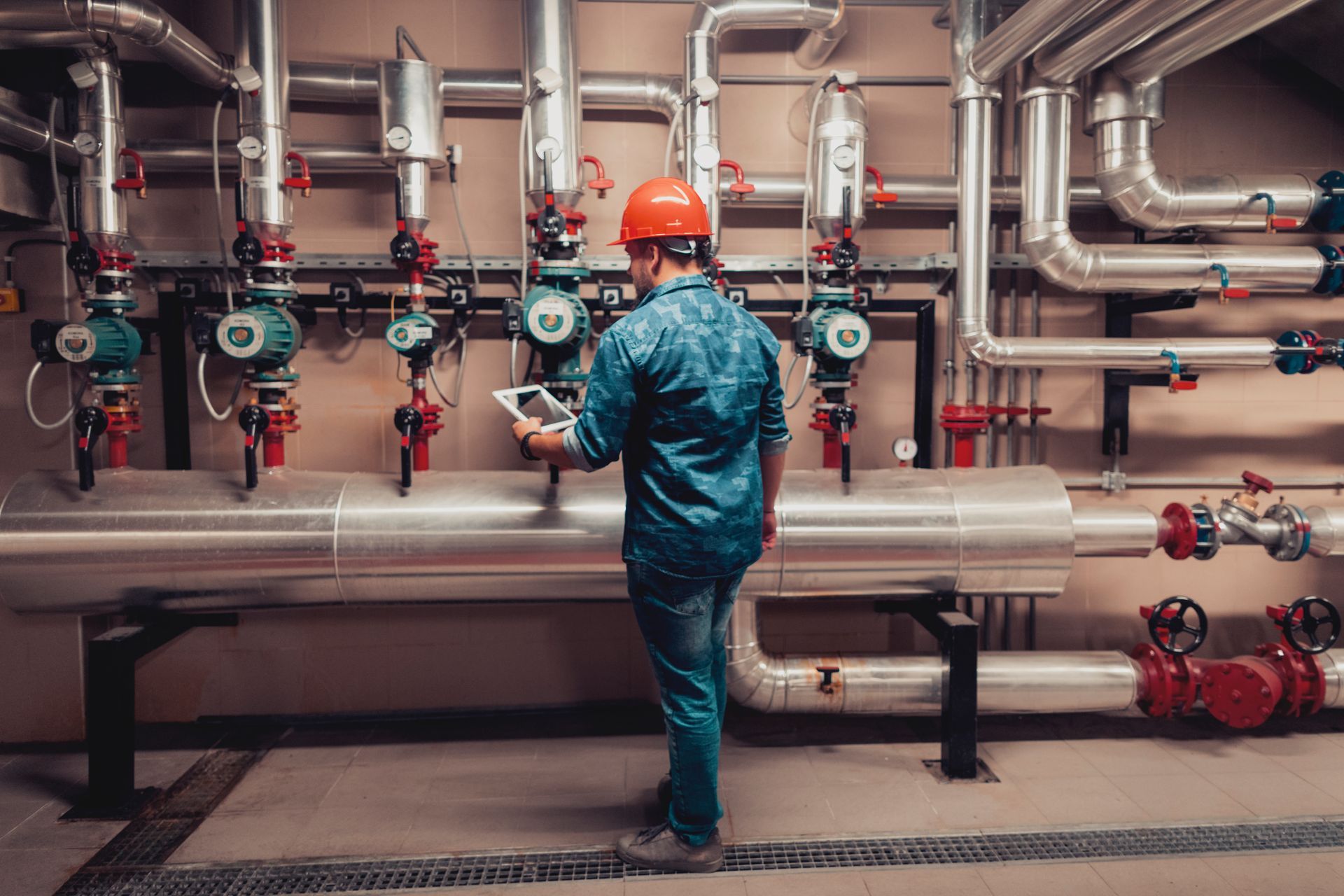How to Know When It’s Time to Replace Your Boiler
How to Know When It’s Time to Replace Your Boiler
A well-functioning boiler is essential for keeping your home warm and comfortable, especially during the colder months. However, like any other appliance, boilers have a lifespan and will eventually need to be replaced. Ignoring the warning signs of an aging boiler can lead to costly repairs, inefficiency, and potential safety hazards. Here are some key boiler replacement signs to watch for when determining when to replace a boiler.
1. Increased Energy Bills
If you’ve noticed a steady rise in your energy costs, your old boiler could be to blame. As boilers age, they lose efficiency, requiring more fuel to produce the same level of heat. This inefficiency results in higher utility bills. Upgrading to a modern, energy-efficient boiler can significantly reduce your energy consumption and lower your bills.
2. Frequent Breakdowns
An occasional repair is normal, but if your boiler is constantly breaking down, it may be time for a replacement. Frequent issues indicate that essential components are wearing out, and the cost of repeated repairs can quickly add up. Instead of continuously fixing an unreliable unit, investing in a new boiler can provide better reliability and peace of mind.
3. Unusual Noises
Boilers typically operate quietly, so any strange noises such as banging, whistling, or gurgling should not be ignored. These sounds can signal various problems, from trapped air and mineral buildup to failing internal components. If noises persist even after maintenance, it may be a sign that your boiler is on its last legs.
4. Uneven Heating or Poor Performance
Are some rooms in your home colder than others, despite having the heating on? If your boiler struggles to distribute heat evenly, it could be due to aging parts or declining efficiency. When your boiler no longer provides consistent warmth, a replacement might be the best solution.
5. Visible Signs of Corrosion or Leaks
Physical deterioration, such as rust, corrosion, or water leaks around the boiler unit, is a clear indicator of an aging system. Leaks can lead to water damage and mold growth, posing health risks to your household. Addressing these issues early by replacing the boiler can prevent further damage and ensure a safe heating system.
6. Boiler Age
Most boilers have a lifespan of 10-15 years. If your unit is approaching or has exceeded this range, it may not be operating as efficiently as newer models. Even if your old boiler still functions, upgrading to a modern system can enhance energy efficiency, reduce maintenance costs, and improve overall performance.
Conclusion
Recognizing these old boiler issues can help you determine when it’s time for a boiler replacement. If your system is showing signs of inefficiency, frequent malfunctions, or physical deterioration, it’s wise to consider an upgrade. At Premier Boiler, we specialize in high-quality boiler installations to ensure your home remains warm and energy-efficient. Contact us today to discuss your options and find the best replacement for your needs!d



